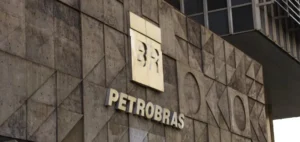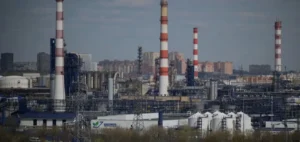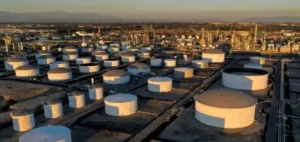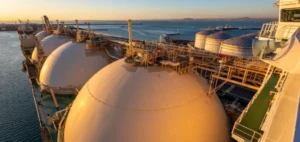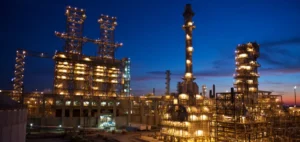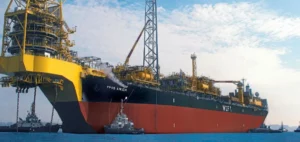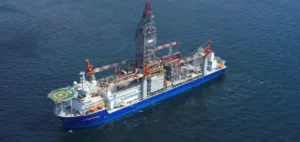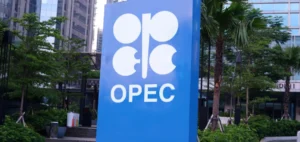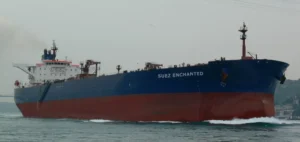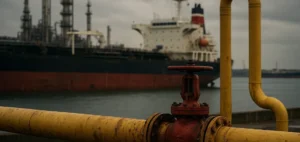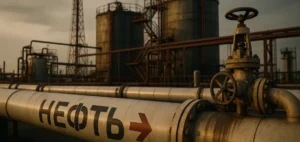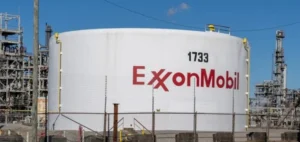OPEC+, despite its efforts to stabilize oil prices through production cuts, is faced with an unfavorable market reality. Crude oil prices, stuck at between $70 and $80 a barrel, bear witness to the current ineffectiveness of their strategies. The alliance’s recent ministerial meeting highlighted internal frictions, notably between Angola and Nigeria, which were unhappy with their quotas. These internal dissensions, coupled with a lack of agreement on production cuts across all 23 member countries, underline a major challenge: maintaining unity within an enlarged and diversified group.
OPEC’s historical development and influence
Since its foundation in 1960, OPEC has played a crucial role in determining world oil prices. The 1973 embargo and the quadrupling of crude oil prices marked the apogee of his influence. However, the emergence of new producers and the introduction of quotas in the 1980s began to erode this dominance. The alliance with other producing countries in 2016, forming OPEC+, was an attempt to regain market clout, but this expansion also introduced new complexities to collective decision-making.
Ecological Transition: A New Battlefront
The climate emergency and the transition to renewable energies represent an unprecedented challenge for OPEC+. Growing pressure from global initiatives to reduce dependence on fossil fuels threatens the cartel’s long-term influence. The recent COP28 highlighted OPEC+’s tricky position, with calls for proactive action against fossil fuels, prompting mixed reactions and some resistance from cartel members.
Economic Challenges and Diversification Strategies
Oil revenues remain vital for several OPEC+ members, in particular Saudi Arabia, which relies on these revenues to finance its ambitious economic diversification program. The transition to alternative sources of income is complex and time-consuming, highlighting the continued dependence of these economies on oil. However, the rise of shale oil production in the United States, as well as increased production in Brazil and Guyana, call into question OPEC+’s ability to effectively control the market.
OPEC+ is at a critical crossroads, with its influence on the global oil market waning. Internal challenges, growing competition and, above all, the global ecological transition are calling into question the cartel’s future and strategy in a rapidly changing energy landscape.



